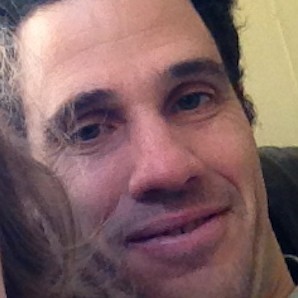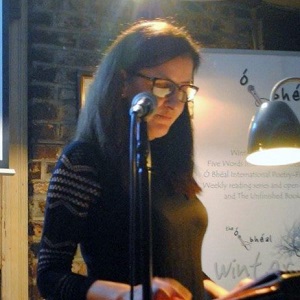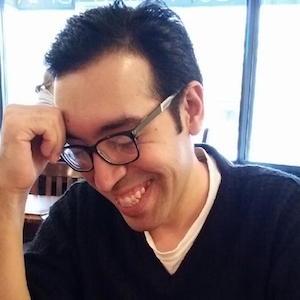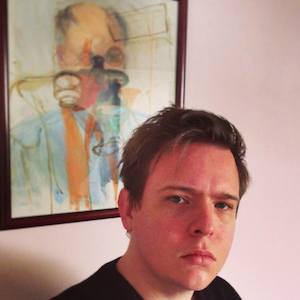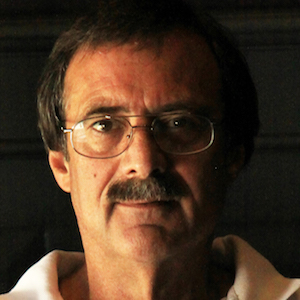The Story Behind “Summoning Dylan” by Dan Alter
Today’s post is written by Dan Alter. We published his poem “Summoning Dylan” in our Spring 2015 issue.
In one sense, although this poem is framed as a summoning, it is a work of exorcism.
The poem is a séance to exorcise Dylan, who has haunted me for more than thirty years: his power, his unswerving full devotion to each of his creative occasions, his vigorous presence in his reinventions; his remoteness.
It is also, more implicitly, one of a series of exorcisms of Allen Ginsberg—in particular, of Howl.
*
I started studying at the feet of Dylan when I was about 15: memorizing his songs, working out his guitar tricks, poring through his discography, biographies, liner notes. Not long after, I read Howl, which seemed to me then, and still does, a towering example of what poetry can be.
Up until about a year before I wrote “Summoning Dylan,” I had stopped writing almost completely for more than a decade. I had also stopped reading poetry for the most part. The whole enterprise had lost its life for me. I never stopped listening to Bob Dylan (though for me his later work pales next to his first fifteen or so years).
When I started writing poetry again one of the first poems I picked up was Howl, and this time I fell deeply into it. I read it, I read books about it, I listened to recordings of it, I traced its lineage and studied that poetry. For a whole summer I had various lines echoing through my head at work, in restaurants, in the kitchen. . . . butchered out of their own bodies good to eat a thousand years. Ginsberg’s version of Whitman’s line, as I experience it, is a sped-up, electrified reincarnation. Where Whitman walks through the encompassing vistas of his optimism, Ginsberg races. In his excitement and ambition to speak of the biggest things in the biggest ways, I found a model I couldn’t put aside without trying it out for myself.
*
Exorcism or invocation? Here are two of my forefathers, American Jewish men like me, whose work orbited into my world as I ached my way toward coming into my own. Whose presences, absences, felt as real to me as a flesh and blood person in those years which contained both rich friendships, and tremendous loneliness. Dylan, I should say, was the major presence at the time of my high school years in which the poem is set, so he is the foreground of the poem. Ginsberg’s line is the container.
*
In another sense, this poem is attempt to follow out, to extrapolate from, the first line which popped into my head one day: I call on Bob Dylan. When this line came to me, I started writing, and wrote for days, and more kept coming for days, while I was in the swimming pool, when I was going to sleep. After a week or two I had a mass of material which I began trying to give shape to.
And that process, of trying to give shape to what followed from that first line, has taken place over about six years. I would work the material as far as I could get, and then show it to someone, and try to think about how they responded, and work the material some more. The final push came when Andres Rojas wrote to me after I submitted a draft of the poem to Compose. He said roughly that he really liked the poem, that he eventually felt it wasn’t clear enough about what it was doing, and that he would like to see another draft. This was very helpful—enough for me to go back and struggle with it again, and to work it into one more level of clarity.
About the Author
Dan Alter has poems recently published or forthcoming in Burnside Review, Field, Zyzzyva, Fourteen Hills, Newfound, Paper Nautilus, Squaw Valley Review, and Sou’wester among others. He lives with his wife and daughter in Berkeley and makes his living as an electrician.

